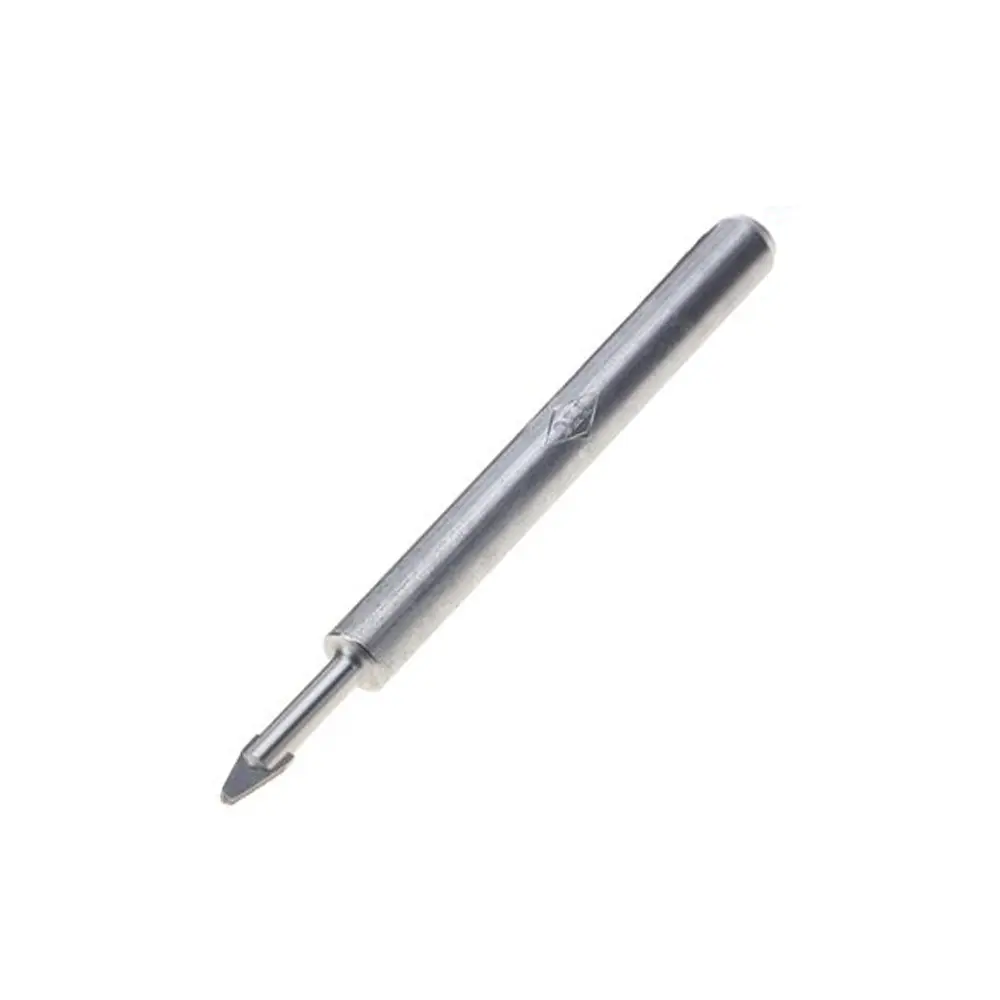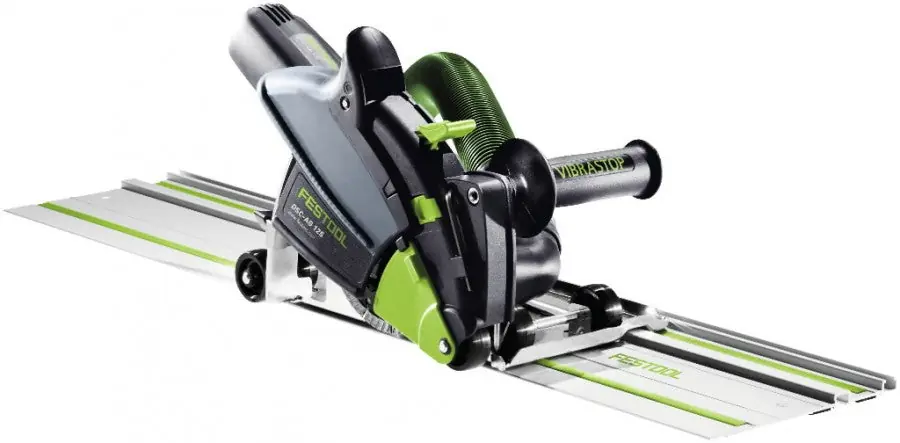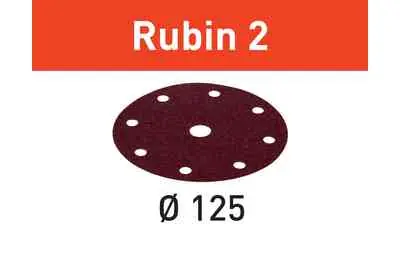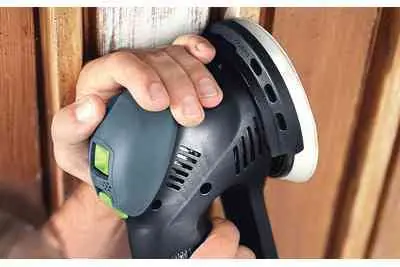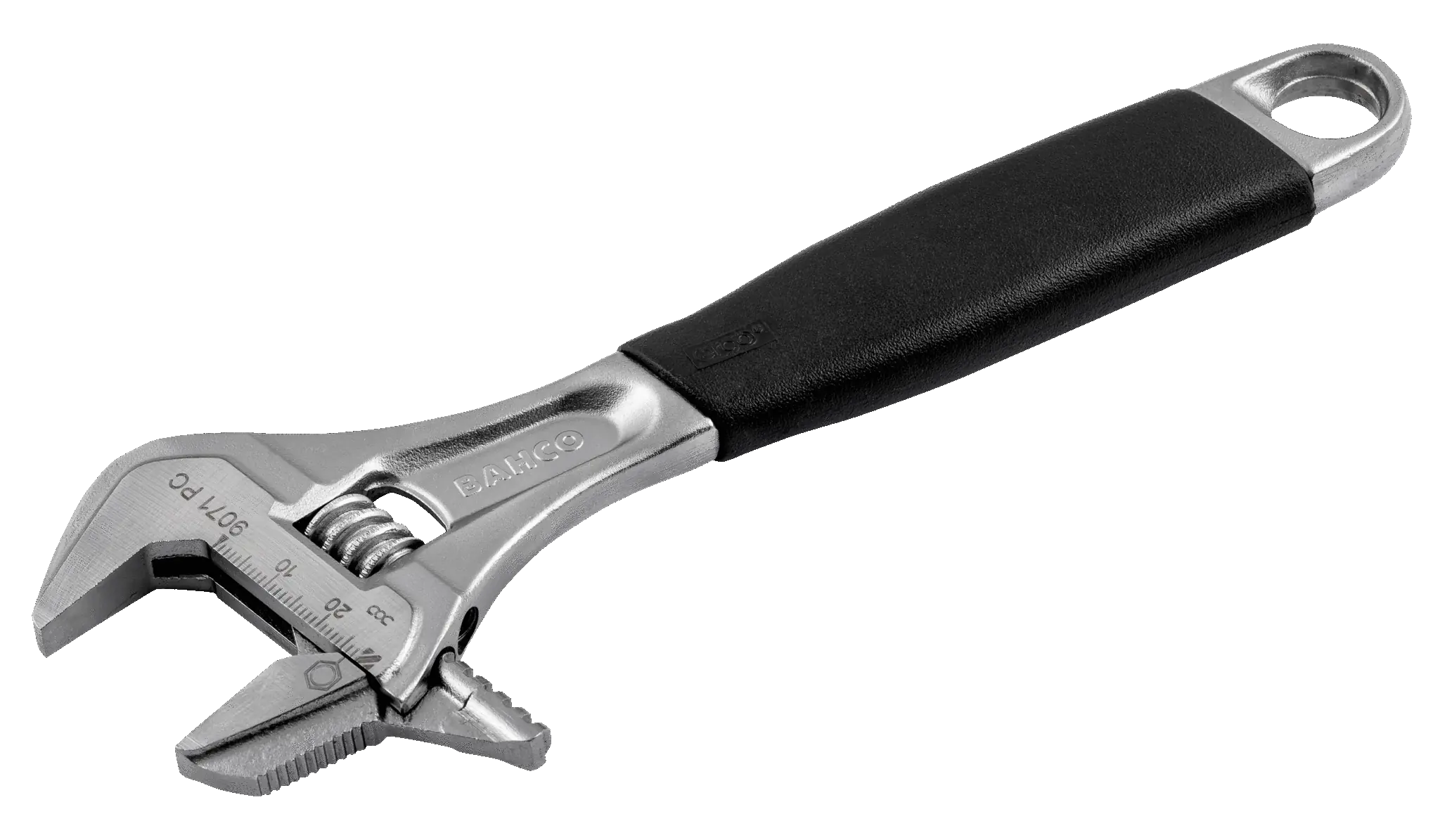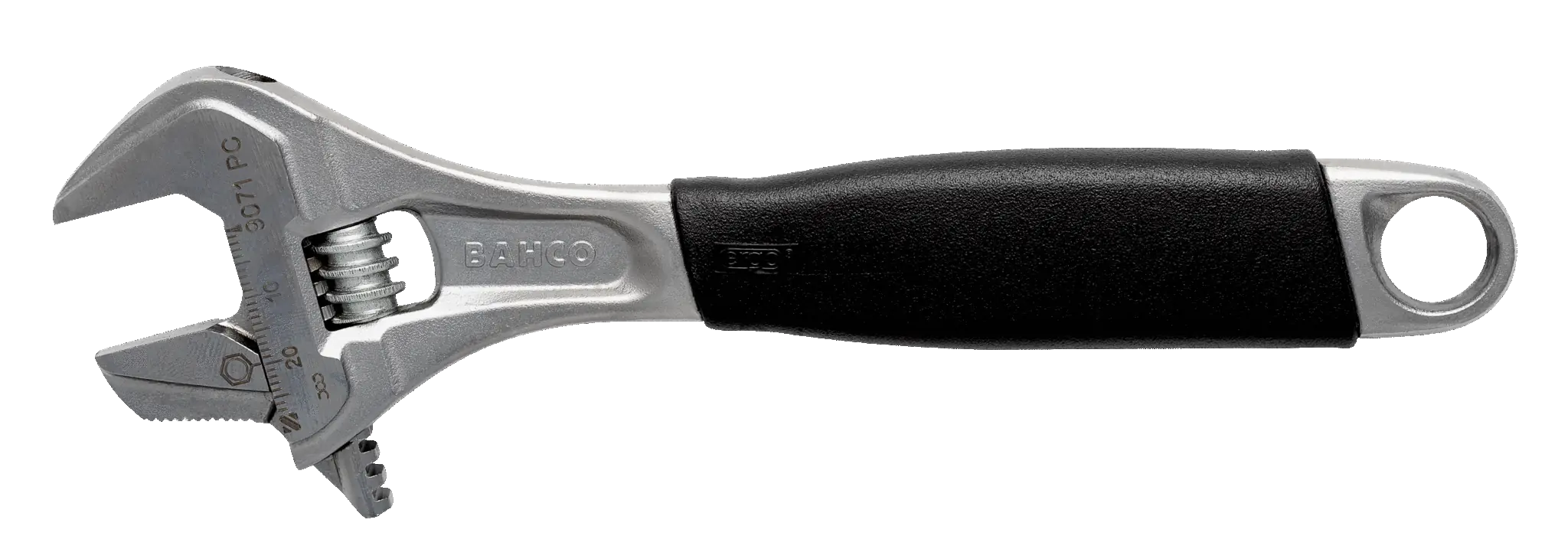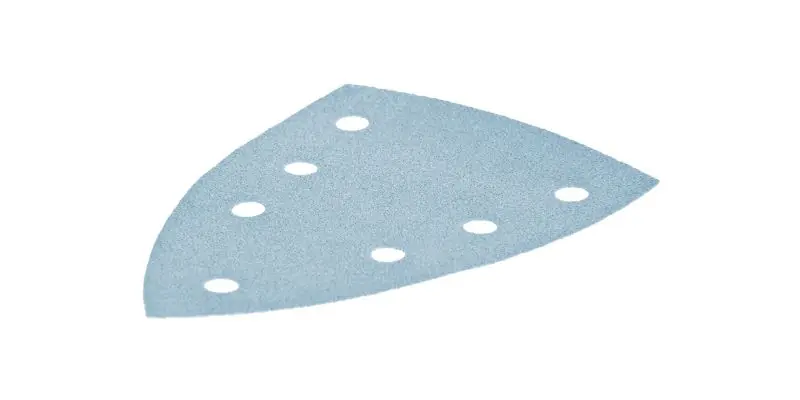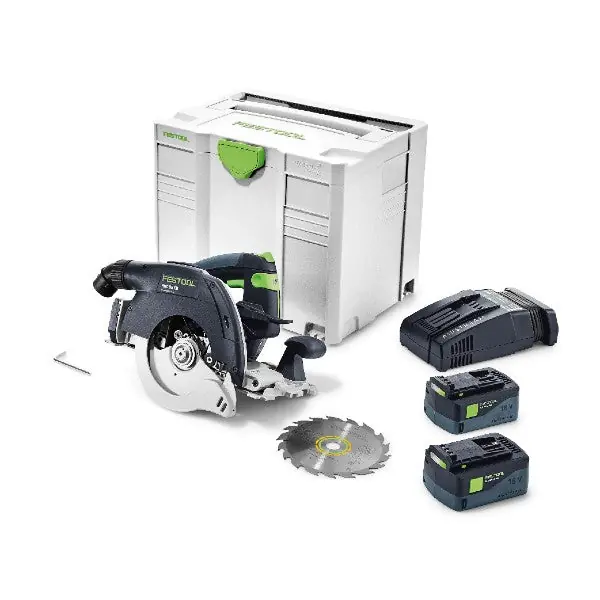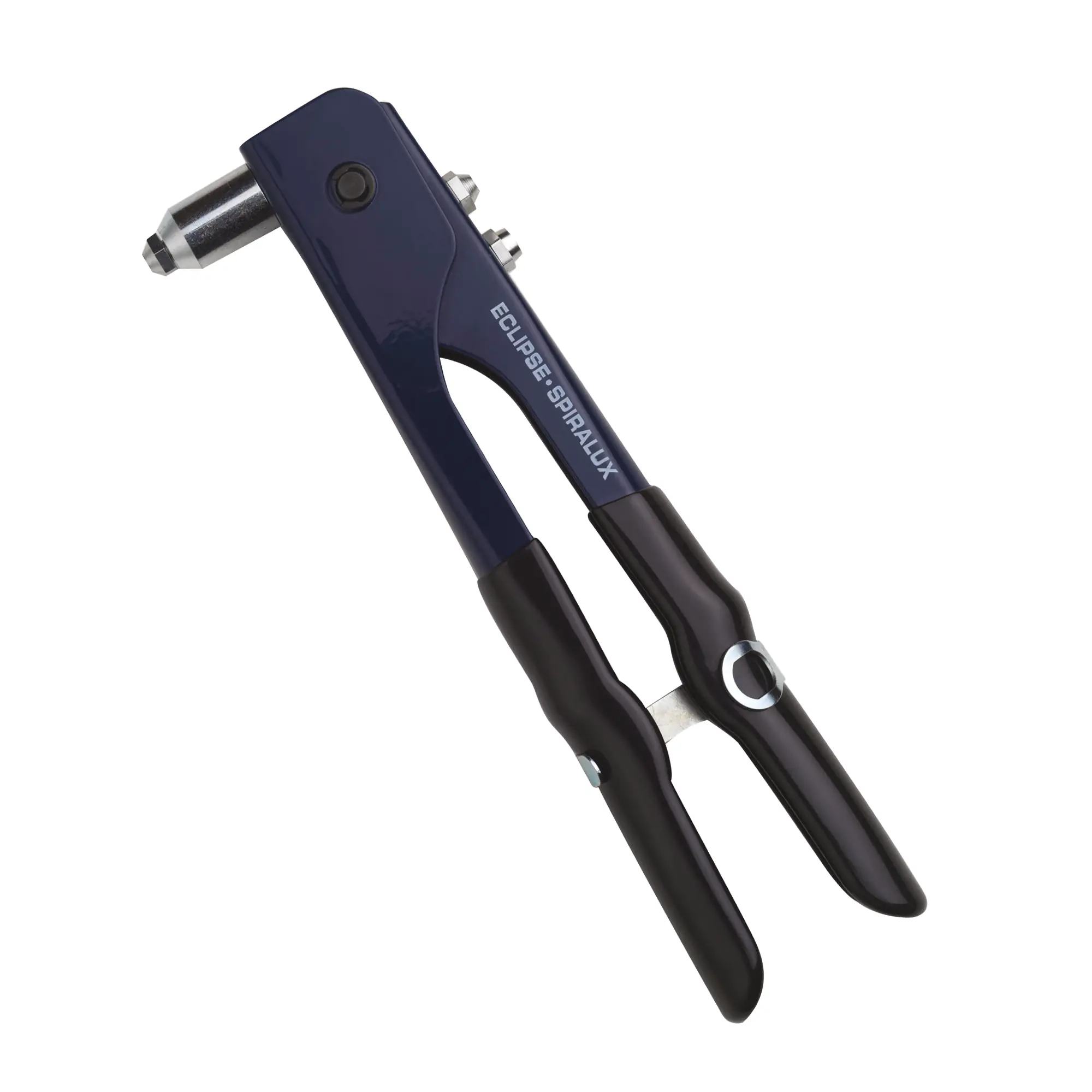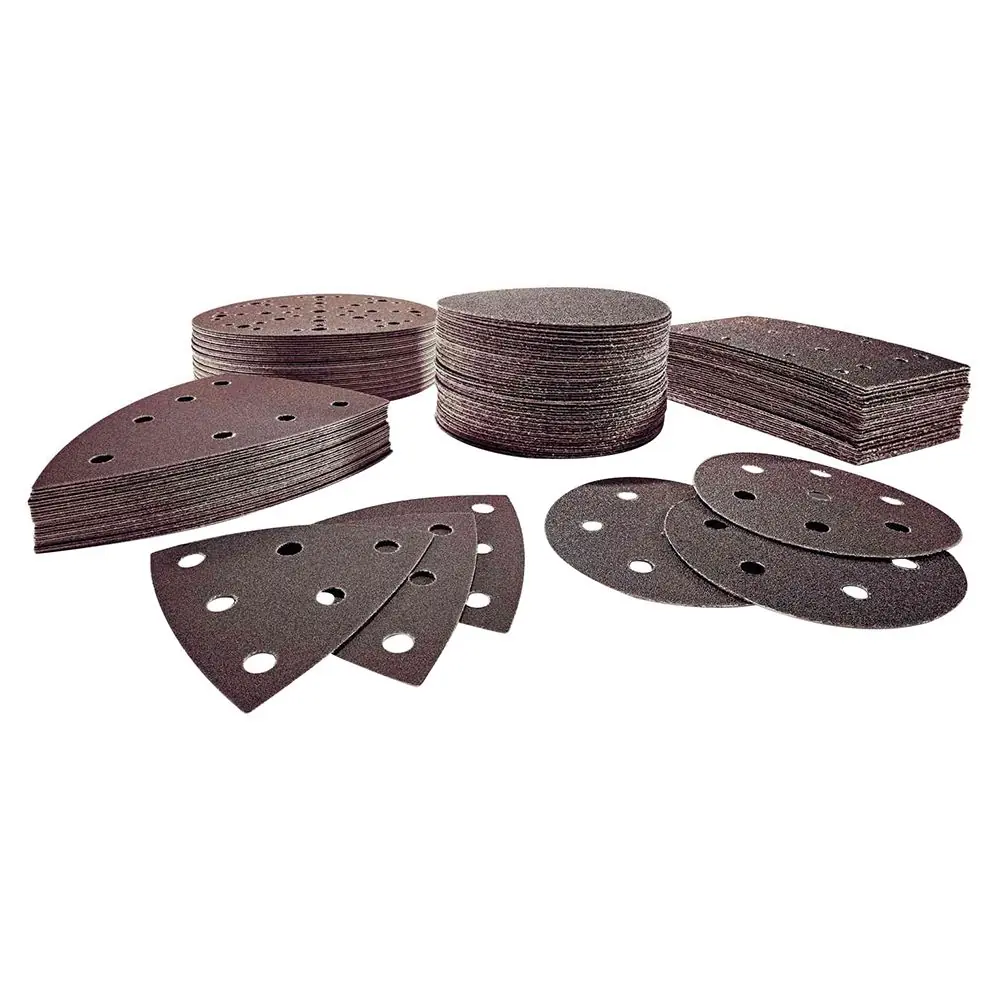*Scratch + Dent Stock as its the last of this discontinued stock line – the packaging may be old, shop soiled, display use*
A full range of handy, job specific starter sets with everything needed to complete the drilling of porcelain tile. The range enables the user to buy the necessary components to drill a specific large diameter hole together in one set.
All starter sets supplied with water feed adaptor, water feed tube and nozzle, water feed clamp, PTC Carbide 8.0mm pilot drill, 8.0mm professional masonry drill and PTC Diamond crown diameter as shown above. Size in brackets indicates crown size.
Features:-
The fastest, simplest solution for small diameter holes – simply push, cool and drill
- Purpose Designed Tip Tolerances Holes are produced slightly oversized in the tile. Allows fixings to be secured and expanded in the material behind the tile, not on the tile edge itself, reducing the risk of cracked tiles
- P100 Grade Tungsten Carbide Tip P100 grade tungsten carbide tip provides durability when drilling in the hardest of tile materials
- Unique Head Geometry Unique geometry of the cutting head allows the drill bit to rapidly cut through the materials without burning or glazing the tile
- Diamond Ground ‘Drill Tip’ 4 unique grinds to the top of the drill tip mean the drill ‘bites’ into the tile providing a ‘point & push’ start up with no leaning in required and no wander on the tile. Accurate holes are produced exactly where required
PTC Carbide is ideal when drilling holes for:
- Anchor and fastener holes for small size plugs and anchors from 5 to 10mm
- 8mm pilot holes for PTC diamond crowns from 13 to 58mm
PTC Carbide can be used in:
- Plaster-backed wall tiles
- Ceramic
- Natural slate
- Travertine
- Marble
- Granite
- Quarry tiles
- Porcelain
User Instructions:-
- Insert the required PTC bit into the power tool and ensure the bit is tightly secured in the chuck. Use the manufacturers recommended lubricant in the case of SDS+ machines.
- Position the tip of the drill bit on the tile and, before drilling commences, push the tool onto the tile. A small ‘cracking’ sound should be heard, which is the PTC bit locating itself in the tile.
- Ensure that the drill bit is perpendicular to the work surface. Failure to drill perpendicular to the tile will result in slower drilling speeds and premature wearing of the drill bit.
- Ensure a continuous flow of water to the cutting tip during the drilling operation. This is imperative to the successful operation of the PTC bit. (Refer to water cooling section).
- Enough pressure must be applied to the drill bit to ensure cutting action. A good guide to this is the water will be disclosed by the tile dust when enough pressure is being applied. Some grades of porcelain require a higher pressure than others. The pressure applied can be reduced when the point of the tool has penetrated beyond the back surface of the tile.
- The optimum speed range for using PTC carbide products is 700-900 r.p.m. on rotary only. Do not use hammer action.
- When drilling on groutlines or part-drilled holes is unavoidable, ensure drill is running at optimum speed before commencing to drill.
- Once breakthrough of the tile has been achieved, stop drilling. The PTC drill bit should then be changed for a professional masonry or SDS bit.
Tips and Techniques:-
- When drilling a loose tile, the tile must be supported across its entire area on something perfectly flat that isn’t going to damage the cutting edges of the drills e.g. piece of flat wood, mdf, chipboard etc.
- If possible, clamp loose tiles to prevent possible movement on breakthrough. Movement of the tile can cause large diameter drills to ‘grab” which could cause personal injury or cracked tiles.
- When PTC carbide bits have reached the end of their life in porcelain, they can still be used to produce holes in softer materials.
Safety:-
- Please ensure that the following safety guidelines are adhered to at all times when using or handling the PTC drill bit
- Wear suitable eye protection at all times during assembley and operation.
- Safety gloves should be worn at all times.
- Ear defenders should be worn whilst drilling.
- Whenever the drill is not in use, ensure that the power is turned off.
- Wear a dust mask whilst drilling.
- Use an RCD device if using an electric power tool.
Water Cooling:- Always use a constant flow of water to the cutting edges of PTC products. This reduces heat build-up and washes away the abrasive porcelain dust. Please go to PTC – Tile Drilling Accessories for the best water delivery methods. Materials:- The PTC drill bit has been primarily designed for use in hard fired, vitreous porcelain tiles, however the drill bit will perform in a variety of other materials such as: – Porcelain tiles, ceramic tiles, granite, marble, clay tiles. Due to the vast range of different grades and hardness of available tiles, the PTC will perform at different levels. As a general rule, the harder, more dense and abrasive the tile, the slower it will be to drill the tile and the fewer number of holes will be produced. PEI Tile Rating Scale Class 0 Decorative use only, not recommended for use on floors. Class I Light traffic, for residential bathroom floors, no direct outside access. Class III Medium to heavy traffic, all residential application. Commercial applications which are similar in traffic to residential applications. Specifically excepted, are areas of prevalent circulation or turning points. Class IV Heavy traffic, all residential and most commercial applications such as the area of halls, hotels, restuarants, supermarkets, shops and schools. Class V Extra heavy traffic, all residential areas and commercial applications similar to Class IV where extra durability may be required. Commercial usage, industrial applications. Speeds/Machine Types/Drilling Modes PTC carbide drill bits are available in both SDS Plus and straight shank design. SDS Plus drill bits should be used with the power tool manufacturers recommended grease on the shank. Straight shank PTC carbide drill bits need a machine that has a minimum chuck capacity of 10mm. Ensure power tool chuck is adequately tightened. A PTC carbide drill bit that has spun inside the chuck during use will not be running at the correct speed and could even stall momentariliy. The optimum operating speed for the drill bit is 700-900 rpm. PTC carbide drill bits MUST be used within the speed range to maximise the number of holes. PTC products are designed to be used in rotary mode only. DO NOT use hammer/impact mode. Material Chart Machine Recommendations Click the link below to view the technical data sheet




